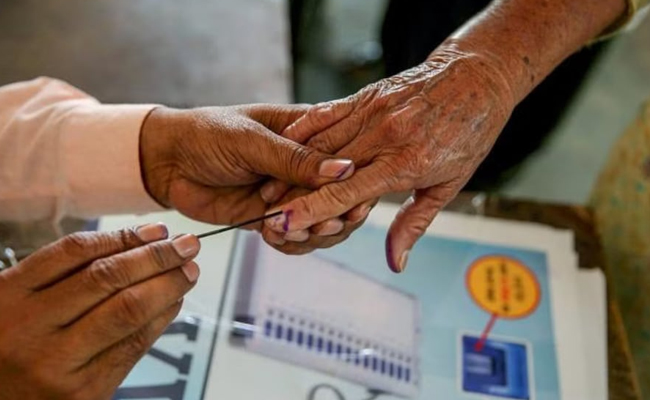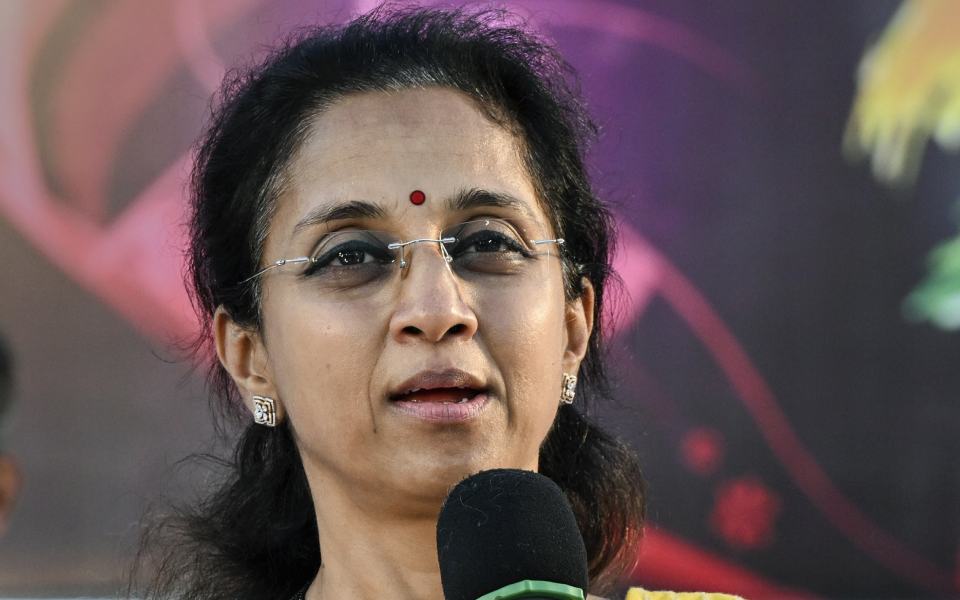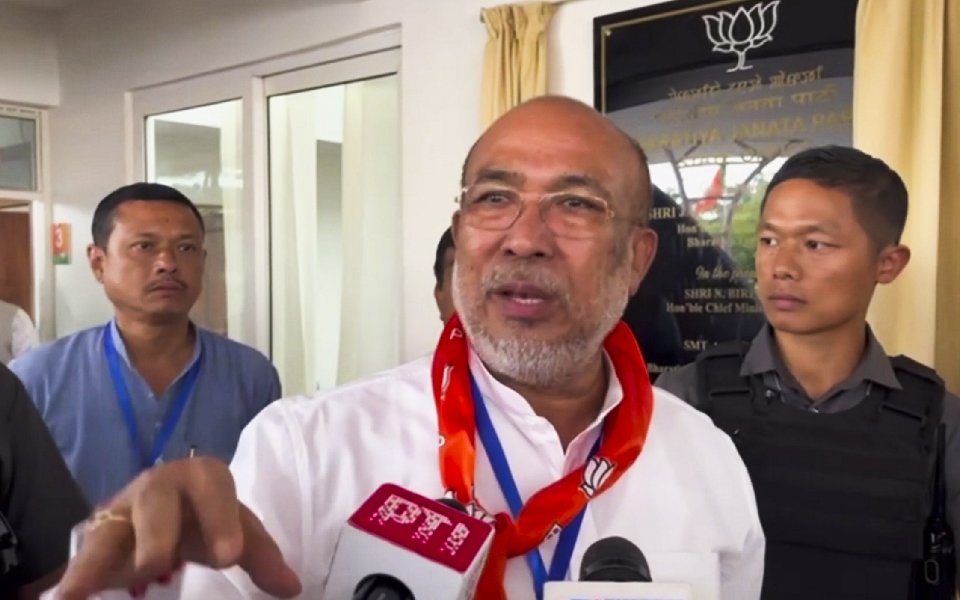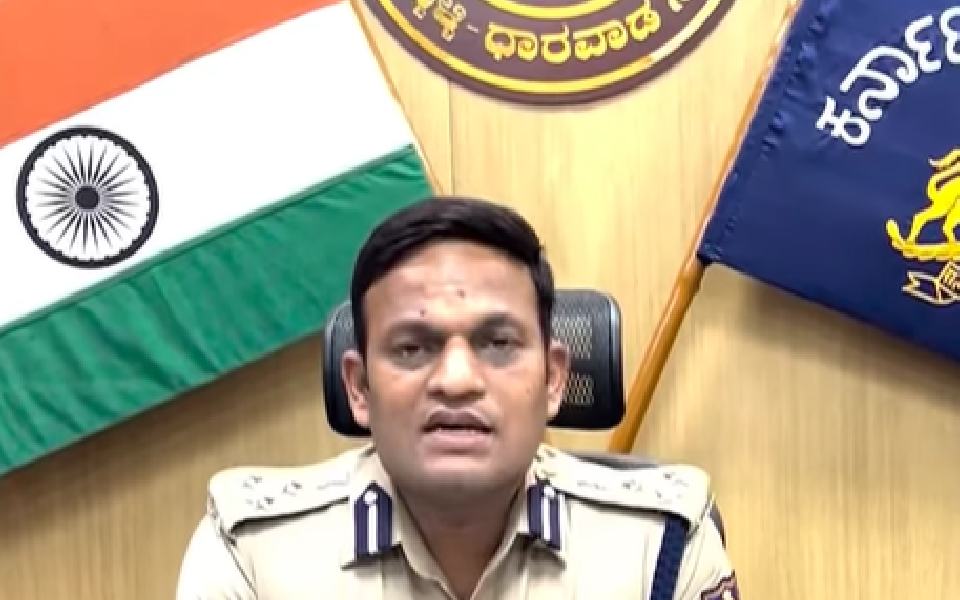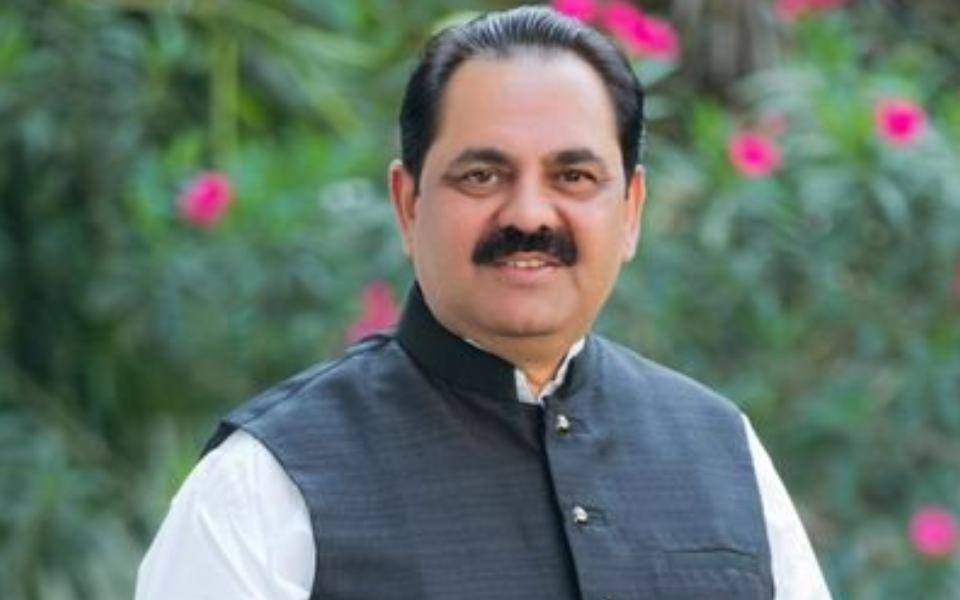Pune (PTI): As major political parties focus on resolving differences internally and among allies ahead of the November 20 assembly elections, candidates in some constituencies have to deal with a different challenge – Independents with identical names.
In the Tasgaon-Kavathe Mahakal constituency in Sangli district, where Rohit Raosaheb Patil, the son of late NCP leader and former home minister R R Patil, is contesting against Ajit Pawar-led NCP's Sanjay Kaka Patil, three more candidates with similar names as his are also in the fray.
The NCP (SP) has been stumped by Rohit Ravsaheb Patil, Rohit Rajgonda Patil, and Rohit Rajendra Patil, who are contesting as Independent candidates.
Parties say identical names can confuse voters and cost them dearly if the victory margin is thin.
In Pune, Bapusaheb Tukaram Pathare, the NCP (SP) candidate from the Vadgaon Sheri assembly seat, has sought the disqualification of an Independent candidate with an identical name alleging that he has made incomplete disclosures.
Pathare is pitted against MLA Sunil Tingre of Ajit Pawar-led NCP for the November 20 polls.
One Bapu Baban Pathare, a resident of Ahilyanagari district, has filed his nomination as an Independent candidate. The election officials, however, have accepted his candidature.
In the Parvati constituency in Pune, where NCP (SP) leader Ashwini Nitin Kadam is contesting against BJP MLA Madhuri Misal, two more Independent candidates with similar names have filed their nominations.
One of them is his namesake ‘Ashwini Nitin Kadam'. The other is Ashwini Vijay Kadam.
Let the Truth be known. If you read VB and like VB, please be a VB Supporter and Help us deliver the Truth to one and all.
Mumbai, Nov 24: Senior NCP (SP) leader Supriya Sule said on Sunday that her party, which won 10 seats in the Maharashtra assembly elections, respects people’s mandate and pledged to work towards a capable, inclusive and progressive state.
In a statement on X, the Baramati MP promised to rebuild their party and said it would move forward with determination despite its dismal show. Her party and its Maha Vikas Aghadi allies Congress and Shiv Sena (UBT) collectively bagged only 46 of the state’s 288 assembly seats.
“We respect and humbly accept the verdict of the people in the assembly elections. This result is a moment for deep reflection and renewal. We will introspect, learn, and rebuild with honesty, hard work, and an unshakable commitment to the values we stand for,” Sule wrote.
She stressed that her party was committed to creating a capable, inclusive, and progressive Maharashtra.
“Our vision of a capable, inclusive, and progressive Maharashtra remains unchanged. We reaffirm our pledge to fight for the rights, dignity, and self-respect of farmers, workers, women, youth, and every marginalised section of society,” Sule stated.
Sule said that her party will continue to carry forward the ideals of Chhatrapati Shivaji Maharaj, Dr Babasaheb Ambedkar, and social reformers like Jyotiba Phule. “We are determined to carry forward the timeless ideals of Shiv-Shahu-Phule-Ambedkar with renewed energy and purpose,” she wrote on the social media platform.
Sule congratulated those who had won in the elections. “We hope you will serve Maharashtra with dedication and prioritise the welfare of every citizen,” she said.
The MP, the daughter of NCP (SP) chief Sharad Pawar, expressed gratitude to the voters, party workers, their MVA allies and the authorities for facilitating the elections.
“A heartfelt thank you to all voters, the diligent workers and leaders of NCP (SP), our Maha Vikas Aghadi allies, the Election Commission, police, administration, media, and everyone who contributed to making this election a vibrant celebration of democracy," Sule added.
Sule said the party would remain focused on its goals and continue its efforts to serve the people of Maharashtra. “We remain steadfast. Our fight continues—with humility, with courage, and with the hope of building a Maharashtra that fulfils the dreams of its people,” she added.
Sharad Pawar suffered the worst-ever defeat in his political career in Maharashtra polls with the NCP faction led by him winning only 10 seats in the 288-member House. His MVA partners Congress and Sena (UBT) got 16 and 20 seats, respectively.
The ruling Mahayuti scored a massive victory with the BJP winning 132 seats, Shiv Sena led by Eknath Shinde emerging victorious in 57, and NCP headed by Ajit Pawar grabbing 41 seats.

